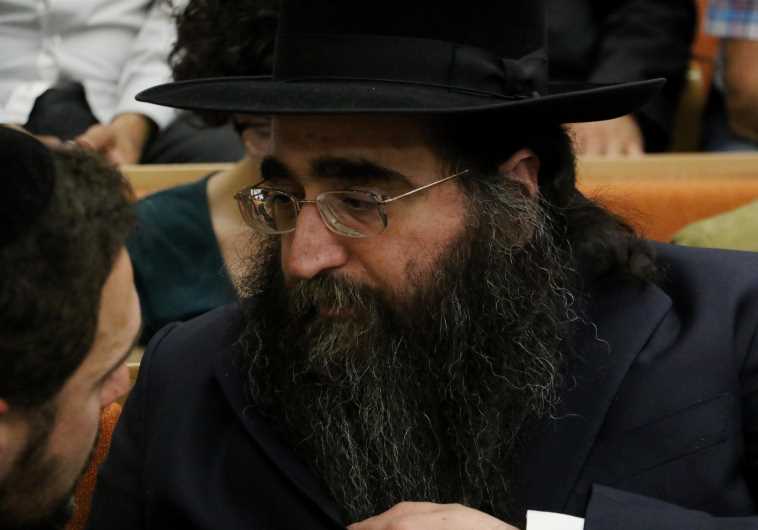Court sentences Rabbi Pinto to one year in jail on bribery conviction
The decision, which also carried a one million shekel fine, was a major blow to Pinto who had fought all out for community service and no jail time.
 (photo credit: SHAUL GOLAN/GPO)
(photo credit: SHAUL GOLAN/GPO)